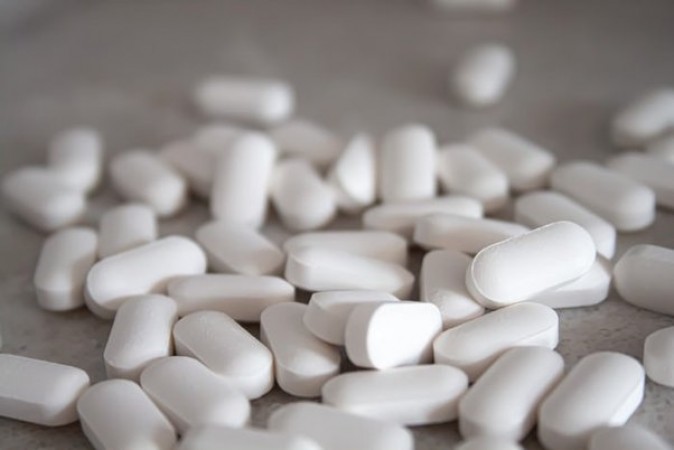
Gas tablets are commonly used to alleviate symptoms of bloating, flatulence, and abdominal discomfort. While these tablets can provide relief for many individuals, consuming them on an empty stomach can pose certain risks that should not be overlooked. In this article, we will explore the potential dangers of taking gas tablets without food and the precautions that should be taken to ensure safe usage.
The Importance of Timing: Gas Tablets and Food
Gas tablets typically contain ingredients such as simethicone or activated charcoal, which work to break down gas bubbles in the digestive tract, providing relief from symptoms of gas and bloating. However, the effectiveness of these tablets can be influenced by the presence of food in the stomach.
The Risks of Taking Gas Tablets on an Empty Stomach
Increased Absorption: When taken on an empty stomach, gas tablets may be absorbed more quickly into the bloodstream. This can lead to higher concentrations of active ingredients in the body, increasing the risk of adverse effects.
Gastric Irritation: Gas tablets can contain chemicals or compounds that may irritate the lining of the stomach when taken without food to buffer their effects. This can result in symptoms such as nausea, stomach pain, or even gastric ulcers in severe cases.
Altered Effectiveness: Without food in the stomach to help distribute the active ingredients evenly, gas tablets may not work as effectively as intended. This could result in inadequate relief from gas and bloating symptoms.
Potential Interactions: Taking gas tablets on an empty stomach may increase the risk of interactions with other medications or supplements that are also being absorbed into the bloodstream. This could lead to unexpected side effects or reduced efficacy of either medication.
Precautions for Safe Usage
Take with Food: To minimize the risks associated with gas tablets, it is recommended to take them with food or immediately after eating. This can help buffer the effects of the tablets on the stomach lining and ensure more consistent absorption of the active ingredients.
Follow Dosage Instructions: Always follow the recommended dosage instructions provided on the packaging or by a healthcare professional. Avoid exceeding the recommended dose, as this can increase the likelihood of experiencing adverse effects.
Stay Hydrated: Drink plenty of water when taking gas tablets, as this can help facilitate their movement through the digestive tract and reduce the risk of gastric irritation.
Monitor for Side Effects: Be vigilant for any signs of adverse reactions, such as nausea, vomiting, or abdominal pain, and discontinue use of the gas tablets if these symptoms occur.
While gas tablets can provide relief from symptoms of gas and bloating, taking them on an empty stomach can pose certain risks. By understanding these risks and taking appropriate precautions, individuals can safely use gas tablets to manage their digestive symptoms.
Ola electric scooter price reduced by Rs 25 thousand, S1
Prime Minister Modi's Address at UPGIS 2023: Focus on UP's Development Trajectory
Here's How Google Offers 300% Salary Hike to Retain Employees Amidst Tech Layoffs